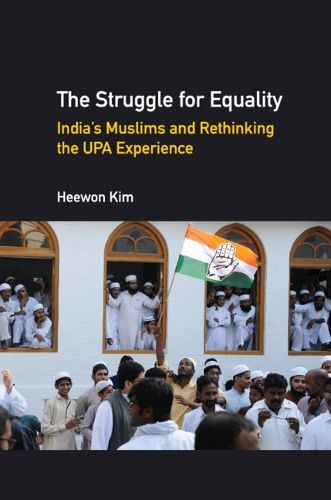Readings Newsletter
Become a Readings Member to make your shopping experience even easier.
Sign in or sign up for free!
You’re not far away from qualifying for FREE standard shipping within Australia
You’ve qualified for FREE standard shipping within Australia
The cart is loading…






The United Progressive Alliance (UPA) government (2004-14) led by the Congress came to power with a radical agenda for religious minorities. This included legislation and policies against discrimination and disadvantages suffered by religious minorities, especially Muslims, and a new framework for delivering substantive equality of opportunity. This work offers a new interpretation of the UPA’s record. In critically re-evaluating the UPA’s performance, it uses an institutional policy analysis approach which combines historical institutionalism (and path dependence) with policy analysis. It draws on official sources and extensive interviews with elite administrators and policy makers who were at the core of decision making during the UPA’s tenure in office. Detailed case studies are provided of Muslims in public sector employment, the provision of service delivery for Muslim communities in India, and the efforts to create a new legislative framework against communal violence.
$9.00 standard shipping within Australia
FREE standard shipping within Australia for orders over $100.00
Express & International shipping calculated at checkout
The United Progressive Alliance (UPA) government (2004-14) led by the Congress came to power with a radical agenda for religious minorities. This included legislation and policies against discrimination and disadvantages suffered by religious minorities, especially Muslims, and a new framework for delivering substantive equality of opportunity. This work offers a new interpretation of the UPA’s record. In critically re-evaluating the UPA’s performance, it uses an institutional policy analysis approach which combines historical institutionalism (and path dependence) with policy analysis. It draws on official sources and extensive interviews with elite administrators and policy makers who were at the core of decision making during the UPA’s tenure in office. Detailed case studies are provided of Muslims in public sector employment, the provision of service delivery for Muslim communities in India, and the efforts to create a new legislative framework against communal violence.